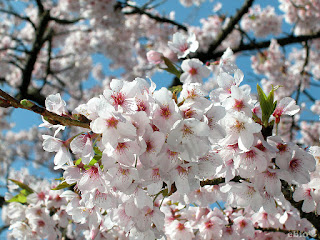Developing Loving Kindness (Mettā bhāvanā)
Let's learn how to practise a type of meditation which will also be of great benefit in developing the right attitude in all kinds of social situations. It is called developing loving-kindness (mettā bhāvanā). The Buddha often spoke about the
importance of developing four sublime states of mind: loving-kindness (mettā), compassion (karuṇā), sympathetic joy (muditā) and equanimity (upekkhā). Loving-kindness meditation is the most
popularly practised of these.
Loving kindness meditation is a most powerful antidote for anger and it can and should be practised at all times and in every situation as it will help you to live your life happily and harmoniously. Let's suppose that someone acted badly towards me or verbally abused me twenty-five years ago and to this day I cannot let go of the memory of what was said or done to me. I still feel angry about it after all this time. However much I punish him in my head, it's really me that suffers, not the other person. Had I given loving kindness to him at that moment twenty-five years ago, I would not now be still suffering from negative feelings. Those who practise Insight meditation understand that
if one generates negative feelings, these produce negative energies that cause
oneself to suffer and affect others badly too. But by suffusing your mind and
body with peace and happiness through this meditation, you will create and
emanate pure energies that will be beneficial for all.
Read more....
Read more....
Mindfulness of Death (Maraṇānussati)
Mindfulness of
death is a Vipassana practice that the meditator should develop while holding
the perception of impermanence, suffering and the phenomenality of selfhood in
mind. It is one of the four subjects grouped among the ten recollections that
are most suitable for a person of intellectual disposition. In the context of
rebirth, death is defined as the cutting off of the life-faculty of one form of
existence. Therefore, the word is not intended to denote any of the following
three types of death: complete cessation of life, that is the passing of the
Arahant's final manifestation in the world of change; momentary dying, that is,
the moment to moment breaking up of the mental and physical processes; the
death of non-breathing objects, an expression commonly used in speaking of a
dead tree, inert metal and so on.
from the book: Emptying the Rose Apple Seat




No comments:
Post a Comment